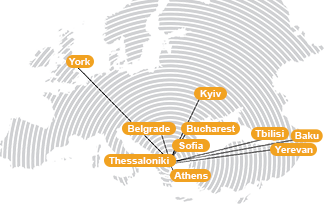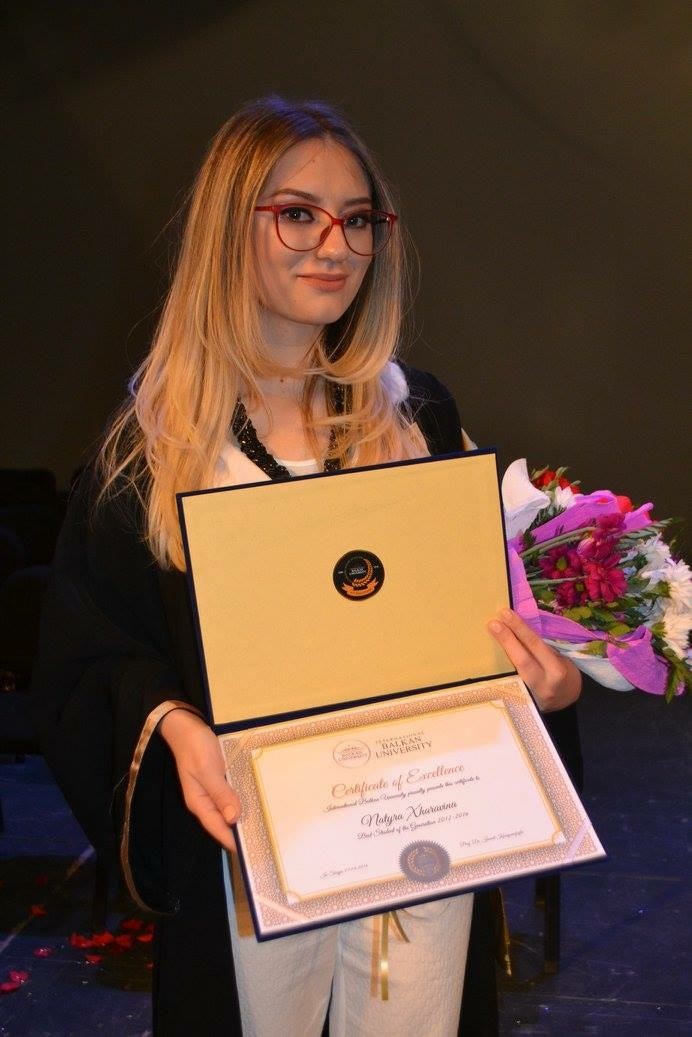Congratulations to Natyra Xharavina, who had her viva on Thursday, 8 February and was awarded the PhD subject to minor revisions. Congratulations also to Natyra’s supervisors, Dr Alexandros Kapoulas, and Dr Caroline Oates for their great work and support.
Natyra’s thesis investigated CSR in small and medium-sized enterprises in the fashion industry across four South-East European (SEE) countries – Kosovo, Albania, Croatia and Greece. It depicted the multifaceted reality of the social phenomenon of CSR through two social entities – owners/managers and consumers. She employed a qualitative secondary data collection method – critical interpretive synthesis – and three qualitative primary data collection methods – one-to-one elite interviews, focus groups and netnographic research. She presented in her thesis the cross-national differences in CSR understanding and implementation among the aforementioned SEE countries through the institutional and stakeholder theory. Findings showed that the SEE region does not fully embrace the CSR mentality, yet CSR mentality differentiates at the national level. To the best of the researcher’s knowledge, this was the first research to identify CSR differences between EU and non-EU member countries. Findings showed that the presence or lack of the EU as an institutional actor changes the application of CSR in the investigated countries. Based on the institutional pressures, her thesis created a four-level conceptual framework, which presented CSR processes taken at four different actor levels: (1) company, (2) national, (3) regional and (4) international. Her thesis also identified five idyllic CSR implementation steps: (1) CSR Awareness, (2) CSR Understanding, (3) CSR Embedding, (4) CSR Communication and (5) CSR Evaluation.






